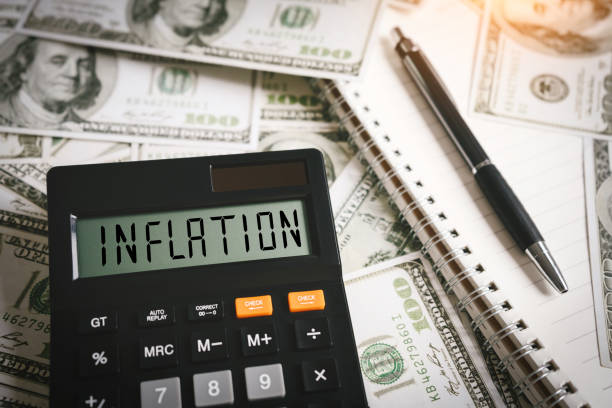As a general rule, if you have clients who are U.S. citizens or resident aliens, and they live abroad, they are taxed on their worldwide income. However, they may qualify to exclude from income up to $105,900 for tax year 2019 ($107,600 for tax year 2020) of their foreign earnings under Sec. 911 of the Internal Revenue Code.
In addition, they can exclude or deduct certain foreign housing amounts, minus a base amount. The base amount (16% of the maximum exclusion) allowed is $16,944 for tax year 2019 and $17,216 for tax year 2020. The base amount is then divided by 365, and multiplied by the number of days in the qualifying period.
They may also be able to exclude from income the value of meals and lodging provided to them by their employer.
To qualify for these benefits, they must have a tax home in a foreign country, and either of the following:
- Are a U.S. citizen and have been a bona fide resident of a foreign country for an uninterrupted period that includes the entire taxable year.
- Are a U.S. citizen or resident who, during any consecutive 12-month period, be present in a foreign country or countries for at least 330 full days.
However, if instances of war, civil unrest, or other adverse conditions force an individual to leave a country before the 330-day requirement is met, the minimum time requirements may be waived.
Resources:
- Form 2555, Foreign Earned Income
- Publication 54, Tax Guide for U.S. Citizens and Resident Aliens Abroad
Rev Proc 2020-27
Due to COVID-19 and the global health emergency that precluded the normal conduct of business, the IRS has waived the residency and presence tests for purposes of the foreign earned income and foreign housing cost exclusions for tax years 2019 and 2020 in certain situations (See Rev Proc 2020-27).
According to the IRS, if, due to the COVID-19 emergency, your clients were required to leave the People’s Republic of China (excluding the Special Administrative regions of Hong Kong and Macau) on or after Dec. 1, 2019, but on or before July 15, 2020, or another foreign country on or after Feb. 1, 2020, but on or before July 15, 2020, they may still be able to meet the requirements of the bona fide residence test or physical presence test for tax year 2019 or tax year 2020 for purposes of determining the foreign earned income exclusion, and housing cost exclusion or deduction. To claim the waiver for tax year 2019, write “Revenue Procedure 2020-27” across the top margin of Form 2555 and attach it to the tax return.
To qualify for relief, an individual must have established residency, or have been physically present, in the foreign country on or before Dec 1, 2019, in the case of China, and Feb. 1, 2020, in the case of the other areas of the world. Individuals who could have met the 330-day requirement of physical presence, if it weren’t for the COVID-19 emergency, may use any 12-month period to meet the qualified individual requirement, as long as other requirements are met.
Examples
An individual who arrived in China on Sept. 1, 2019, and establishes that they reasonably expected to work in China until Sept. 1, 2020, but departed China on Jan. 10, 2020, due to COVID-19, would be a qualified individual for the period from Sept. 1 through Dec. 31, 2019, and for the period from Jan. 1 through Jan. 9, 2020, assuming the individual has met the other requirements for qualification under Sec. 911.
An individual who was present in the United Kingdom on Jan. 1 through March 1, 2020, establishes that they reasonably expected to work in the United Kingdom for the entire calendar year, but departed the United Kingdom on March 2, 2020, due to COVID-19, and returns to the United Kingdom on Aug. 25, 2020, for the remainder of the calendar year, would be a qualified individual for 2020 with respect to the period between Jan. 1 through March 1, 2020, and Aug. 25 through Dec. 31, 2020, assuming the individual has met the other requirements for qualification under Sec. 911.
=====
Mike D’Avolio, CPA, is a senior tax analyst with Intuit ProConnect Group. D’Avolio has been a small-business tax expert for more than 20 years and serves as the primary liaison with the Internal Revenue Service for tax law interpretation matters. He manages all technical tax information, and supports tax development and other groups by providing them with current tax law developments, analysis of tax legislation and in-depth product testing of Intuit’s professional tax software products including Lacerte, ProSeries and ProConnect Tax Online.
Thanks for reading CPA Practice Advisor!
Subscribe Already registered? Log In
Need more information? Read the FAQs
Tags: Benefits




